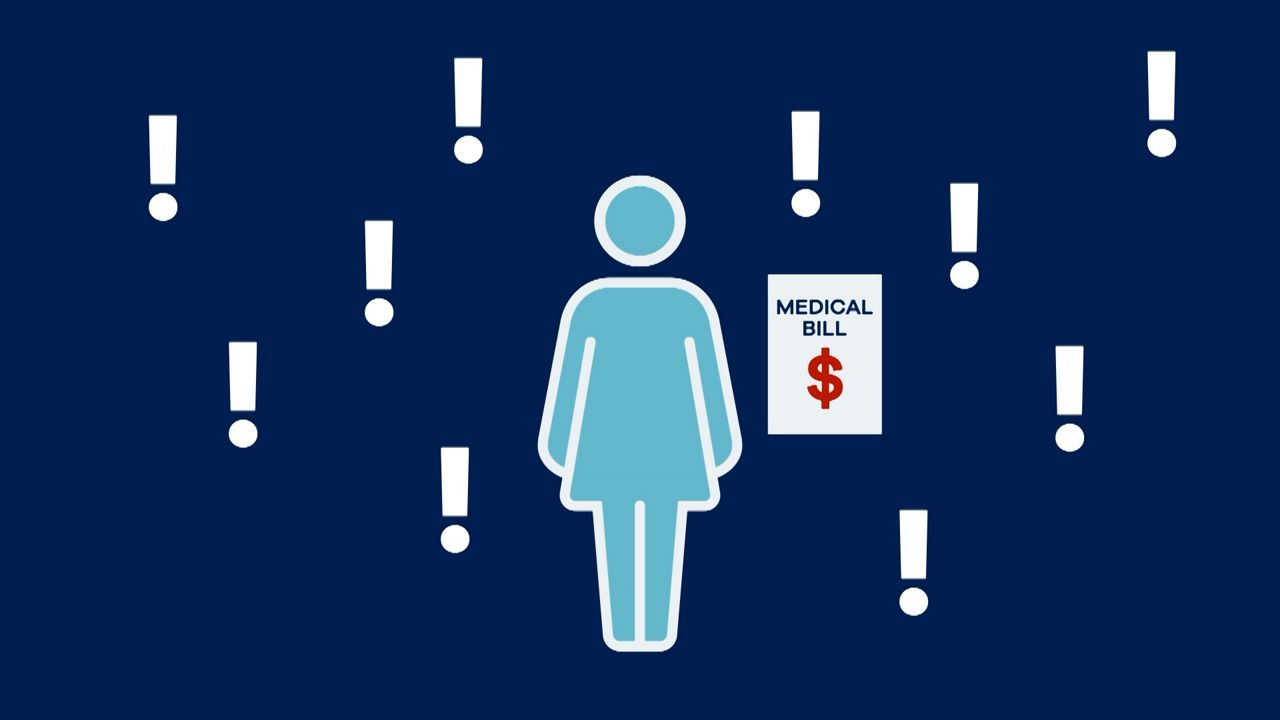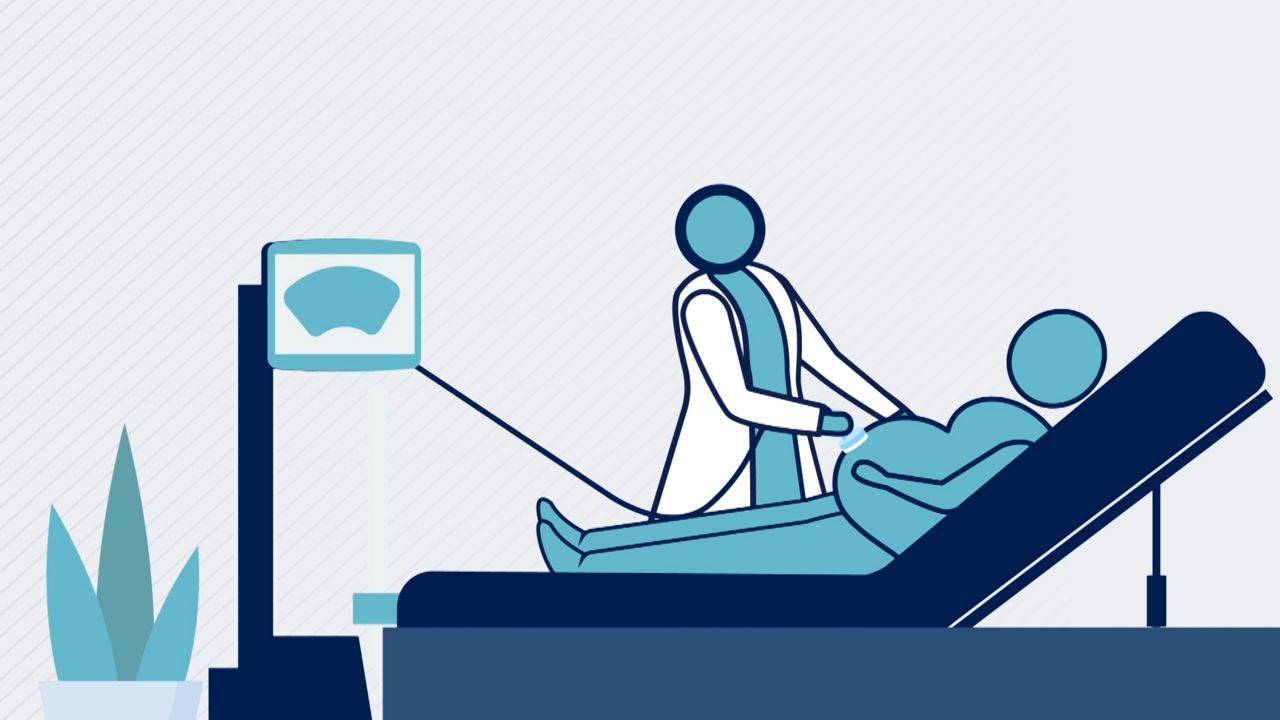Let’s face it — no one likes getting a medical bill in the mail. Even when you know it’s coming, the sight of it still sends chills up the spine.
One possible cause of the medical sticker shock phenomenon is a practice known as balance billing. Adam Sacarny, an insurance and health policy expert at Columbia University Mailman School of Public Health, explained it to us.
“Balance billing is when your health care provider charges you for part of the bill that your insurance plan didn't allow. And that can only happen when you see an out-of-network provider."
For example, imagine you’re having trouble getting an appointment with an in-network specialist, so you go to a provider who is out of network. According to your insurance provider, the treatment you receive should have cost $500. Insurance agrees to pay 70% of that cost, or about $350.
But the specialist you saw charged $1000. Now, instead of $150, you’re being billed for $650 — the balance between what insurance agreed to pay, and what the provider actually charged.
Now, you may be wondering how you can avoid this?
Sacarny says the best thing to do is to make sure you're going to in-network providers. He recommends always double checking that the provider you’re planning to see is in-network prior to your appointment, especially if it’s been a while since your last visit. You can do that either through your insurer’s website, or by calling the provider’s office directly.
But what happens if you or a loved one experiences a medical emergency, and don’t have time to plan ahead?
As of January 2022, a federal law protects patients from a specific type of balance billing called “surprise billing.”
“Surprise billing is a kind of balance billing that happens when you see an out-of-network provider by surprise.” Sacarny explains. “If you were getting services at an emergency department, those protections apply there.”
The protections against surprise billing, he says, may also apply in some non-emergency situations.
“They protect you from getting out of network services from physicians at in-network hospitals”
This might apply, for example, if you undergo non-emergency surgery at a hospital that is in-network. Under federal law, you can only be billed the in-network rate for the procedure, even if one of your surgeons is out-of-network.
But sometimes, patients receive are wrongfully balance billed anyway.
It’s also important to note that these protections may not apply to all services. An ambulance ride, for example, may not be protected.
Whether or not the protections apply to your situation, Sacarny says there are steps any patient can take to try to reduce a balance bill.
First, and most importantly, he says, don’t just pay it.
“Once you've paid the bill,” he explains, “it's going to be hard to get that money back. If it turns out you're in the right and it's going to be harder to get your provider to the negotiating table.”
Be sure to contact your provider and tell them you intend to dispute the bill. Notifying them of your intentions will ensure your bill is not sent to collections while it’s under dispute.
From there, you can begin the process of negotiating with the provider. If you believe your bill is a surprise bill, raising that question may be enough to have the extra charge forgiven.
For other balance billing situations, there are fewer protections.
"But it still might make sense to fight the bill in some ways,” says Sacarny.
That’s because medical bills are not always set in stone. You may be able to negotiate away some or all of the balance billed charges.
Another option Sacarny suggests, is to contact your insurance company, and ask them to cover the bill as in-network services
And finally, he says, “the last thing you can do is you can potentially consider complaining to your state regulator.”
While taking this step will not automatically solve the problem, a complaint may be a tool to use in negotiating for a lower bill.
You can find contact information for your state’s insurance and healthcare regulators online.
It’s something to keep in the mind when your next medical bill arrives in the mail.









